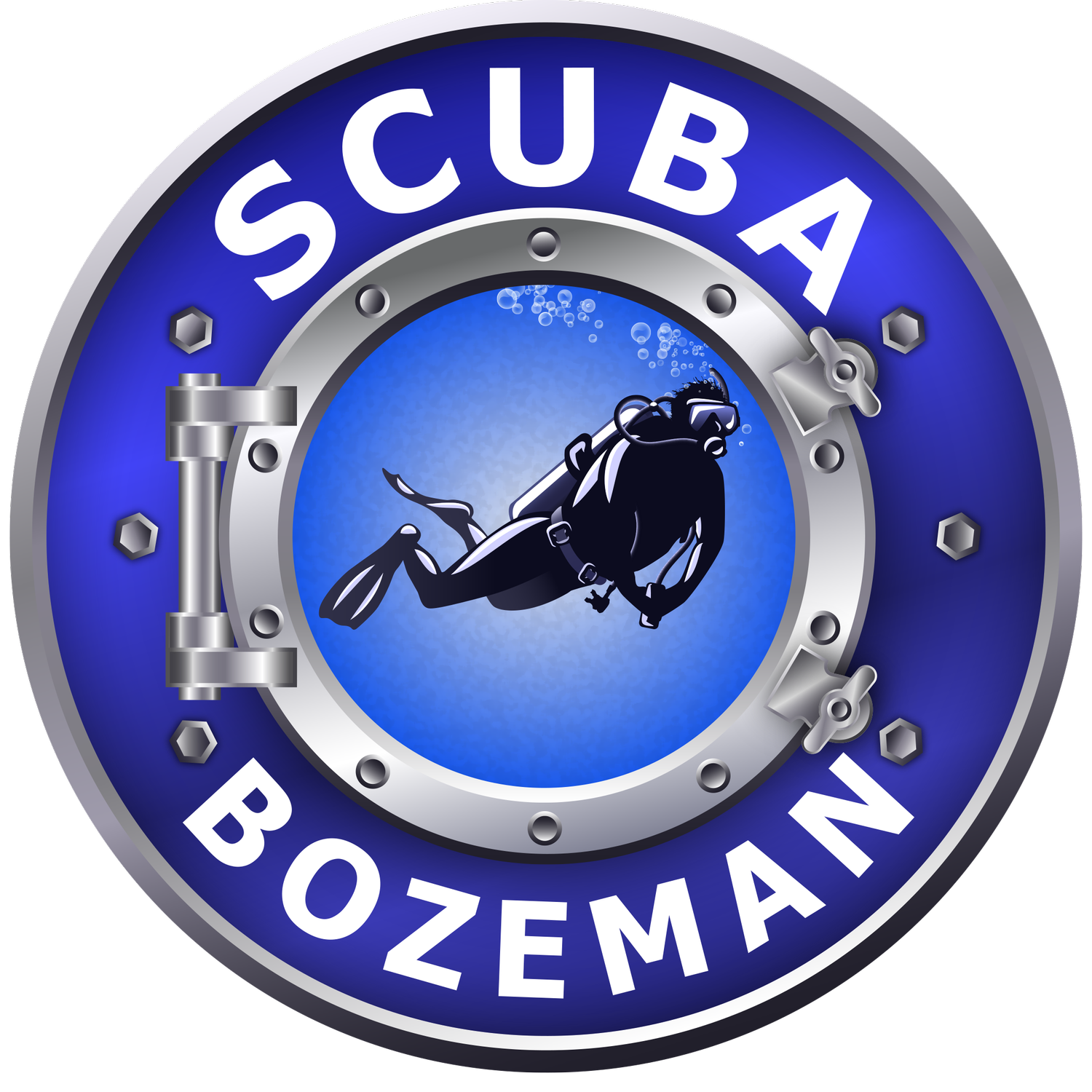D.A.N. Medical Training
This fundamental course prepares you to provide proper care for life-threatening illnesses or injuries until professional emergency medical care is available. The life-support skills taught in this course include one-person CPR, use of automatic external defibrillators, bleeding management, assisting a choking victim and responding to a person in shock. The first aid skills taught include conducting secondary assessments, splinting and responding to medical emergencies.
This course is also approved by the U.S. Coast Guard as meeting the CPR and first aid requirements for captain and mate licenses.
Administering emergency oxygen is the preferred first aid for scuba diving injuries, and early administration can drastically improve the outcome for an injured diver. The DAN Emergency Oxygen for Scuba Diving Injuries course teaches you how to administer life-saving oxygen first aid to divers who may be suffering from decompression illness (DCI). Additionally, this course will teach you how to recognize the signs and symptoms of decompression illness and respond to them accordingly. The emergency response skills taught in this course are not unique to scuba diving; they’re applicable to many other watersports and other activities.
Whether you venture into the ocean or simply consume food from it, hazardous marine life injuries can happen. Learn how to properly assess and handle these situations if they occur despite your efforts to prevent them in DAN’s First Aid for Hazardous Marine Life Injuries course will give you the knowledge you need to identify specific types of marine life injuries and the first aid skills to treat them.
DAN’s Neurological Assessment course teaches you how to properly manage injuries with neurological implications. You will learn to recognize these injuries and properly perform a neurological assessment. You’ll also learn what information to collect and relay to emergency medical services. Recognizing symptoms and responding quickly can shorten recovery times and improve long-term outcomes.
In 2016, the American Heart Association reported 5.5 million deaths from stroke worldwide1, and more than half of the calls to the DAN Emergency Hotline in 2016 involved possible neurological decompression illness2. Strokes and neurological decompression sickness (DCS) can manifest almost identically, and prudent response can make a huge difference for someone suffering from either condition.
People who are interested in understanding first aid care for a variety of diving scenarios are encouraged to take the Diving Emergency Management Provider course. This course focuses specifically on diving injuries and provides divers and their surface support teams with first aid training for interim care until emergency medical services are available. The course integrates the knowledge and skills from four core DAN first aid courses (BLS: CPR & FA, EO2, Neuro, and HMLI) into a single course to focus on first aid care specifically for dive-related events.
Professional divers have unique responsibilities and a duty to respond to unique situations; their first-aid training should not be any less unique. DAN’s Diving First Aid for Professional Divers course is designed for commercial, professional, aquarium and scientific divers, and it provides knowledge and first-aid skills specifically for these work environments. It is the most comprehensive first aid course in the dive industry, and taking this course gives Divemasters and dive instructors an indispensable set of risk-mitigation skills.
DFA Pro includes all elements of all DAN core first aid courses plus additional information and resources applicable to dive professionals in a variety of settings. This course is also approved by the U.S. Coast Guard as meeting the CPR and first aid requirements for captain and mate licenses. It has also been accepted by the American Camp Association for staff CPR and first aid requirements.













